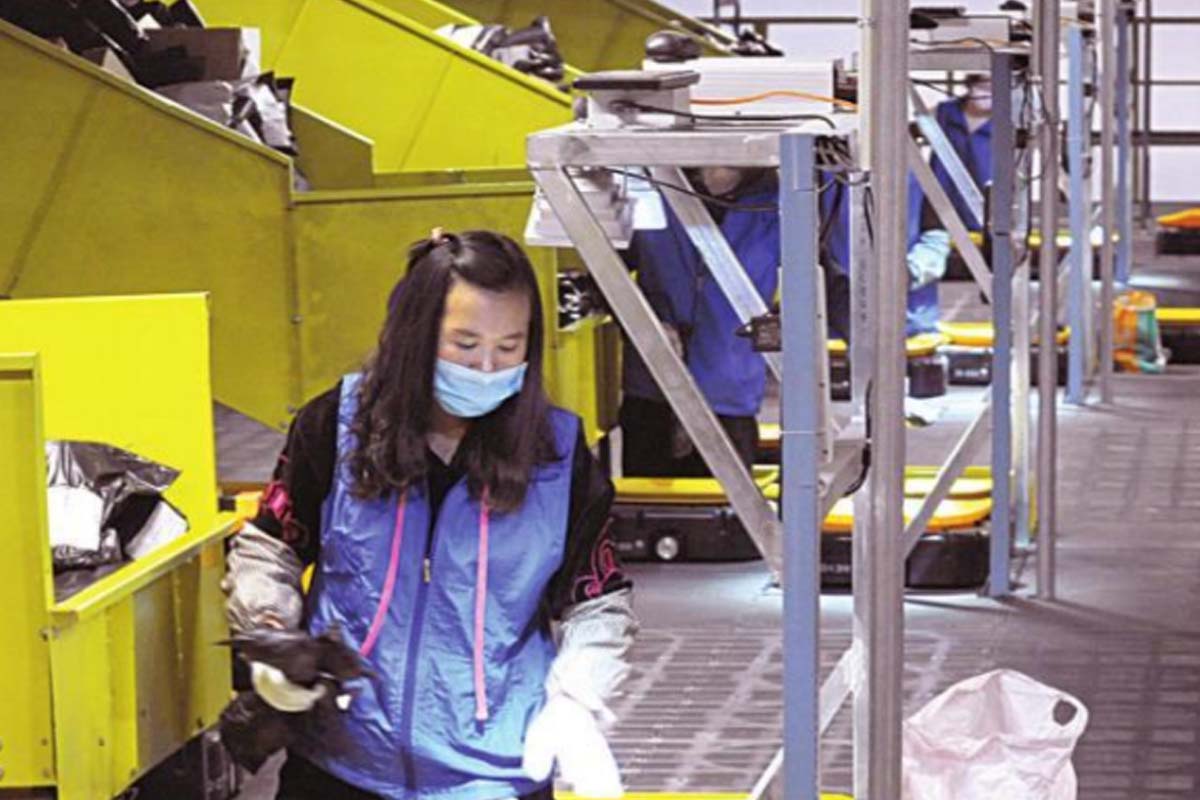In the last few months, the world as we knew it has changed. The blanket lockdowns, social distancing requirements, restricted movement and remote working has necessitated businesses to change their operating models and strategies. The crisis has accelerated digital transformation across industries including small businesses that were traditionally resistant to this change. In fact, years of digital evolution have taken place within a span of these few months.
While the shift has been brought about by the coronavirus shock, a lot of this change is likely to stay even when the pandemic subsides. Take remote working for example, organisations have realised that allowing a part of their workforce to work remotely saves time, money while increasing productivity. Similarly, organisations are also likely to cut down the number of physical meetings with clients and online conferences becoming new normal.
Such a cultural and operational shift in working environment also necessitates reskilling of the workforce. Even before this crisis unfolded, technology and automation were disrupting jobs and creating a need for new skills for employees. Coronavirus pandemic has further accelerated this shift. Unless industries undertake immediate measures to re-skill their workforce, a huge skill gap is likely to arise over the next few years.
Advertisement
Acceleration of digitisation and automation
Even before the Covid-19 outbreak, need for increasing productivity and efficiency was driving automation and digitisation across sectors. However, the outbreak has furthered this need particularly in the manufacturing sector. As robotic manufacturing increases to ensure social distancing requirements and reduce the impact of this crisis on production lines in the future, the demand for experts to create automation designs, programmes and to simulate and test automated machinery and processes is already rising. Change in nature of manufacturing and increasing humanmachine interaction also requires different operation and supervisory skills. Be it automotive manufacturing or food processing plants, wherever robots or machines are being installed to perform specific functions, employees need to be reskilled to handle the new operations. So, even as organisations invest in automation drives, a parallel investment and focus is also needed on reskilling their workforce.
Digital marketing becomes mainstream
With the lockdown and the subsequent social distancing requirements inhibiting social mobility, the traditional marketing strategies are facing a challenge. Digital marketing that was already a rising trend even before the crisis has now become central to the marketing strategies of all organisations. This will create a further need for people with digital and social media marketing skills. As people spend more time on the internet and social media, the strategy to grab consumer attention and draw them towards your brand has shifted dramatically to the digital medium. With the shift from outbound marketing to inbound marketing, it becomes essential to engage consumers in subjects they might find interesting. Organisations must therefore build their skills and capabilities on content marketing, blogging, social media, SEO and PPC strategies. They must also invest in training their marketing teams in these skills. Evolution of remote working tools
Remote working tools and technology such as video conferencing, zoom calls, webinars and virtual meetings which were under-utilised till a few months back have suddenly become mainstream. Even as most organisations have been driven to adopt them because of the pandemic, they are yet to explore their full potential. Due to lack of comprehensive training, employees often end up using virtual meeting tools as mere conference call mechanisms overlooking the possibilities to share documents, images, videos, and make interaction more viable by utilising the full potential of the tools. This up-skilling of the workforce in competently using remote working tools as an essential element which cannot be overlooked. Technology training must be made a part of all employee onboarding plans while workshops must be conducted to train the existing workforce, including non-frequent users of technology, into fully utilising the inherent capabilities of these tools. Re-skilling workforce for a post Covid world must be a priority
Much like organisations are prioritising digitisation, automation, redesigning of supply chain management to suit the changing needs of the time, re-skilling the workforce must also be given equal priority. An equipped workforce ready to take on the new normal will ensure minimum disruption and seamless service to clients. In fact, organisations must clearly chart out the course of their business over the next two to three years, take a comprehensive view of the hanging strategic and technology needs and then plan a re-skilling programme accordingly.
The writer is founder and CEO, Bada Business Pvt Ltd
Advertisement












